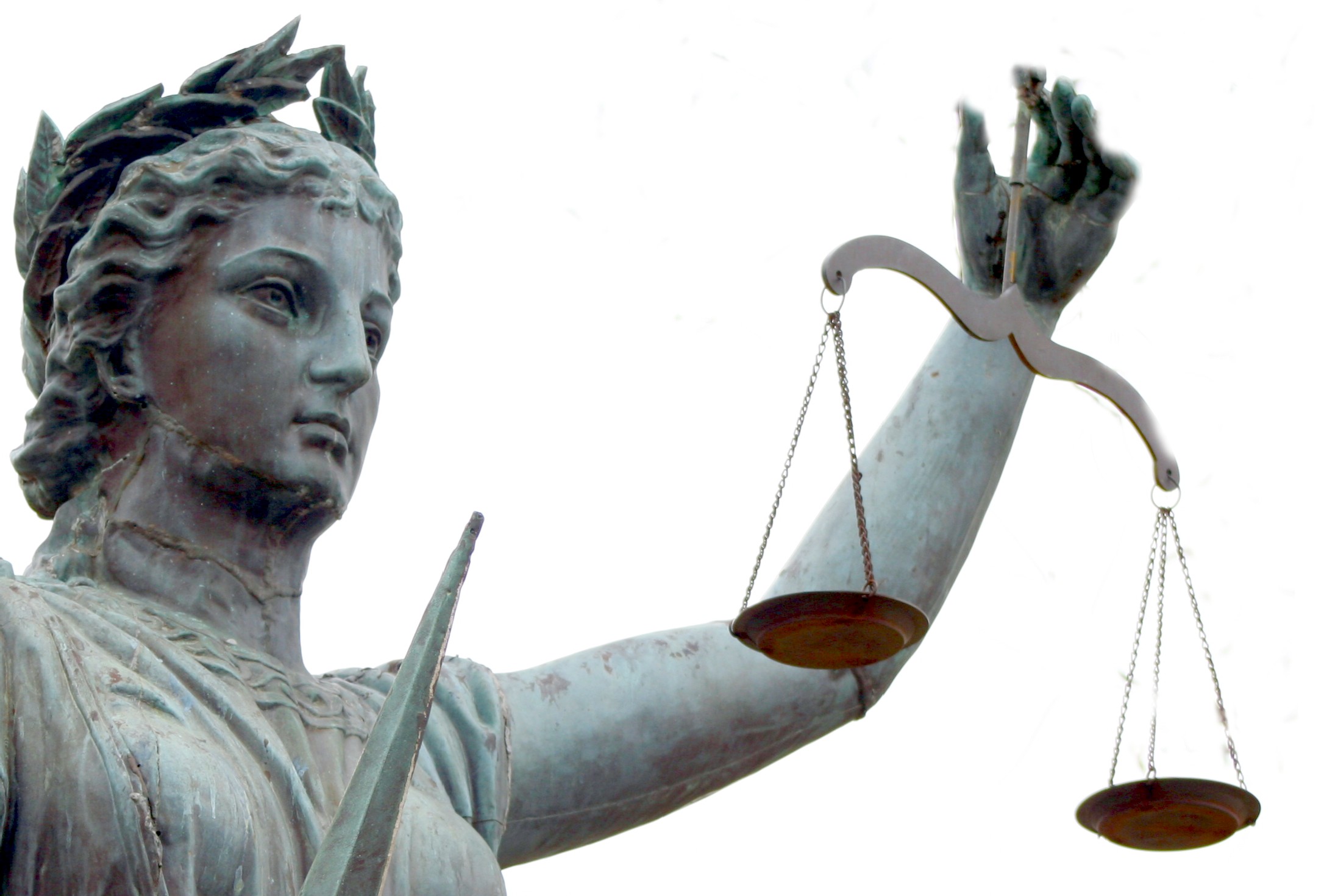For years now, we’ve seen the rise of a “progressive” political/cultural movement in the United States, and all over the world. But sadly, its central problem is that you can’t get something for nothing. It’s not realistic, because it assumes you can have your cake, and eat it too.
Let’s face it: everybody wants things to be “better.” And by that, we mean “better for us.” Because, who would want things to be worse?
Most of these assumptions are based on the simplistic idea that actions are isolated and can have simple solutions, which observably isn’t the case. Everything is a choice between one thing or another. And in the case of Progressivism, everything is skewed one way or the other, with no one wanting to accept that there’s a middle ground, because no one wants to admit their idea could possibly have negative consequences.
But every decision you make is an “either/or” choice. It may not seem like it, but even taking the time to do something easy is still a choice, to use your time for something. There is always a cost. It may not be apparent at first. It may not be a large cost. But if you look hard enough, it’s there.
We, as a modern society, have lost the ability to weigh pros and cons. Everything, on every topic, is being vilified on one side or the other. “You can’t be for cycling and for automobiles at the same time!” Well, actually, yes I can. They’re two different tools, used for two different things. Each has their pros and cons (though admittedly cycling has very few cons, there are some there). If you accept that for what it is, then you can move past the militant stupidity of polarization and make a decision for yourself. Instead of insisting loudly that everybody else should believe like you believe, or else they’re bad.
Immigration, gun control, education, politics, corporations; all of which are topics that are hotbeds of stupidity and polarization. Rational people weigh pros and cons before making decisions, and when people stick to a far-leaning stance on principle, regardless of the pros and cons, we call those people fanatics and extremists. Because that’s what they are: irrational, unthinking people without the ability to look at a problem objectively.
If you want to improve your life and happiness in general, you need to learn to remove your emotions from things before you make decisions. It’s human for us to feel emotions, yes. But they cannot be relied on to make rational decisions, by definition.
Everything is a trade-off.
If you want to get skinny, there’s a trade-off. You have to give up something- time, energy, pleasure- to reap those rewards.
If you want to be successful, you have to give up something- time, energy, freedom, leisure. Blood, sweat, and tears.
If you want strict national security, you have to give up something- freedoms, national image, unrestricted commerce and immigration. It’s a trade-off. You don’t get anything for free. You can’t have your cake and eat it too. Intelligent people know this, and want to find the proper response, to minimize losses.
If you want freedom of speech and religion, then you have to put up with something- the possibility of hate speech, views that are (honestly) insane, extremists, and all sorts of stuff. You can’t just insist freedom of speech only applies to things you approve of. It doesn’t work that way. It always costs something.
When you start seeing your life, and the world around you, as a series of compromises, then you’ll begin to understand how you can move forward and get things done. By being honest and choosing based on pros and cons, we can eliminate the extremism, illogical rhetoric, and pitfalls of modern progressivism.
Hopefully, if nothing else, I’ve made you think about the decisions you make, and how you make them. If you’re a hard-liner on a certain topic, you need to ask yourself why- and be honest- because someone else will ask you, and you better have an answer. A thought-out answer.
Then you can own your choices, instead of blaming your shortcomings on things out of your control. You balance the pros and cons, and you understand the risks, but at least you’ve thought it through.
You have a brain. Use it! But don’t come complaining when things take an unexpected turn because you didn’t think it through.
Life is too short to go through it blindly stumbling through choices without even thinking.

